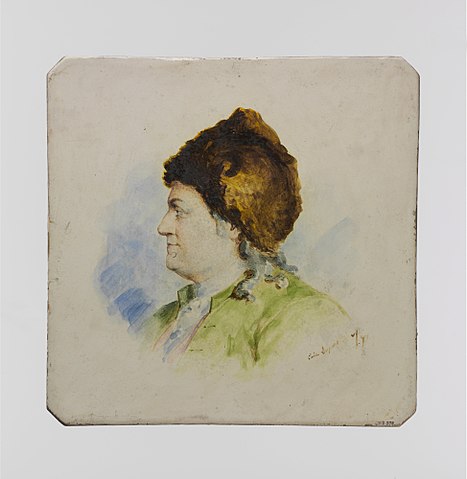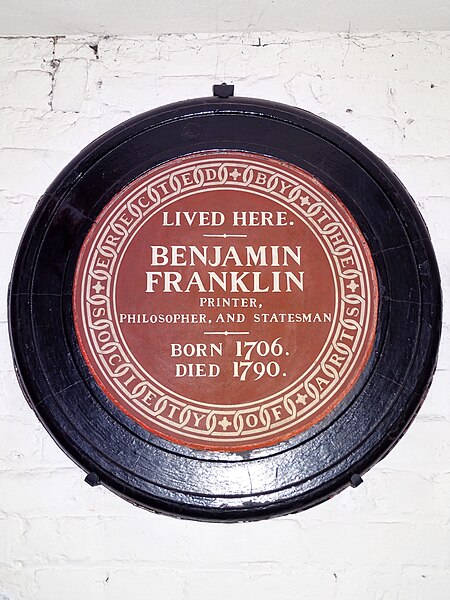
The Thammasat University Library has recently received and catalogued a collection of books generously donated in memory of Mr. Pakpoom Vallisuta by his wife, Mrs. Sumitra Vallisuta.
The books range in subject matter from the history of science to business and literature and should be useful for TU students interested in intellectual history, psychology, physics, and many related subjects.
Mr. Pakpoom earned an undergraduate degree in computer engineering and a master of business administration (MBA) from Duke University, Durham, North Carolina, the United States of America.
He had a special interest in the history of physics, and a number of the donated books offer insights into the creative personalities of scientists such as Albert Einstein, Paul Dirac, Richard Feynman, Robert A. Millikan, and Julian Schwinger.
There are also authoritative books by and about the mathematician Henri Poincaré, the polymath Leonardo da Vinci, and the paleontologist Stephen Jay Gould, among others.
Getting a better understanding on a personal level of these internationally acclaimed researchers and innovators will surely be inspiring for TU students.
Among the books of interest for students of s about the US scientist, inventor, statesman, diplomat, printer, publisher, and political philosopher Benjamin Franklin.
It is by the noted American historian Professor Edmund S. Morgan of Yale University. The TU Library collection includes a number of other books by Professor Morgan.
The TU Library also owns several other books by and about Benjamin Franklin.
Franklin helped to write and signed the United States Declaration of Independence, and served as the first United States Postmaster General.
As a scientist, he did influential research in physics, electricity, and understanding the Gulf Stream current. As an inventor, he is known for the lightning rod and bifocal eyeglasses, among other innovations.
Franklin advocated hard work, education, community spirit, self-governing institutions, and opposed political and religious authoritarianism.

Here are some thoughts by Benjamin Franklin, some of them from books available in the TU Library collection:
If all printers were determined not to print anything till they were sure it would offend nobody, there would be very little printed.
- Apology for Printers (1730)
Freedom of speech is a principal pillar of a free government; when this support is taken away, the constitution of a free society is dissolved, and tyranny is erected on its ruins. Republics and limited monarchies derive their strength and vigor from a popular examination into the action of the magistrates.
- On Freedom of Speech and the Press, Pennsylvania Gazette (1737)
The Game of Chess is not merely an idle amusement; several very valuable qualities of the mind, useful in the course of human life, are to be acquired and strengthened by it, so as to become habits ready on all occasions; for life is a kind of Chess, in which we have often points to gain, and competitors or adversaries to contend with, and in which there is a vast variety of good and ill events, that are, in some degree, the effect of prudence, or the want of it. By playing at Chess then, we may learn: 1st, Foresight, which looks a little into futurity, and considers the consequences that may attend an action … 2nd, Circumspection, which surveys the whole Chess-board, or scene of action: — the relation of the several Pieces, and their situations; … 3rd, Caution, not to make our moves too hastily…
- The Morals of Chess (article) (1750)
Those who would give up essential Liberty, to purchase a little temporary Safety, deserve neither Liberty nor Safety.
- Reply to the Governor (1755)
How much more than is necessary do we spend in Sleep! forgetting that The sleeping Fox catches no Poultry, and that there will be sleeping enough in the Grave, as Poor Richard says.
- Father Abraham’s Speech, preface to: Poor Richard Improved (1758)
A great Empire, like a great Cake, is most easily diminished at the Edges.
- Rules By Which A Great Empire May Be Reduced To A Small One; The Public Advertiser (1773)
Well done is better than well said.
- Poor Richard’s Almanack (1737)
Love your Enemies, for they tell you your Faults.
- Poor Richard’s Almanack (1756)
All Wars are Follies, very expensive, and very mischievous ones. When will Mankind be convinced of this, and agree to settle their Differences by Arbitration? Were they to do it, even by the Cast of a Dye, it would be better than by Fighting and destroying each other.
- Letter to Mary Hewson (27 January 1783)
There never was a good war or a bad peace.
- Letter to Josiah Quincy (11 September 1783)
I wish the Bald Eagle had not been chosen as the representative of our country; he is a bird of bad moral character; like those among men who live by sharping and robbing, he is generally poor, and often very lousy. The turkey is a much more respectable bird.
- Letter to Sarah Bache (26 January 1784)
Let me add, that only a virtuous people are capable of freedom. As nations become corrupt and vicious, they have more need of masters.
- Letter to the Abbés Chalut and Arnaud (17 April 1787)
That it is better 100 guilty Persons should escape than that one innocent Person should suffer, is a maxim that has been long and generally approved; never, that I know of, controverted.
- Letter to Benjamin Vaughan (14 March 1785)
Our new Constitution is now established, and has an appearance that promises permanency; but in this world nothing can be said to be certain, except death and taxes!
- Letter to Jean-Baptiste Le Roy (13 November 1789)
Some comments about Benjamin Franklin by authors represented in the TU Library collection:
The prime exponent of paper money in those years was Benjamin Franklin. He thought it a good and useful thing, and his advocacy had an intensely practical touch. He printed money for the colonial governments on his own printing press.
- John Kenneth Galbraith, The Age of Uncertainty (1977)
America has sent us many good things, gold, silver, sugar, tobacco; but you are the first philosopher for whom we are beholden to her. It is our own fault that we have not kept him; whence it appears that we do not agree with Solomon, that wisdom is above gold; for we take good care never to send back an ounce of the latter, which we once lay our fingers upon.
- David Hume

(All images courtesy of Wikimedia Commons)
